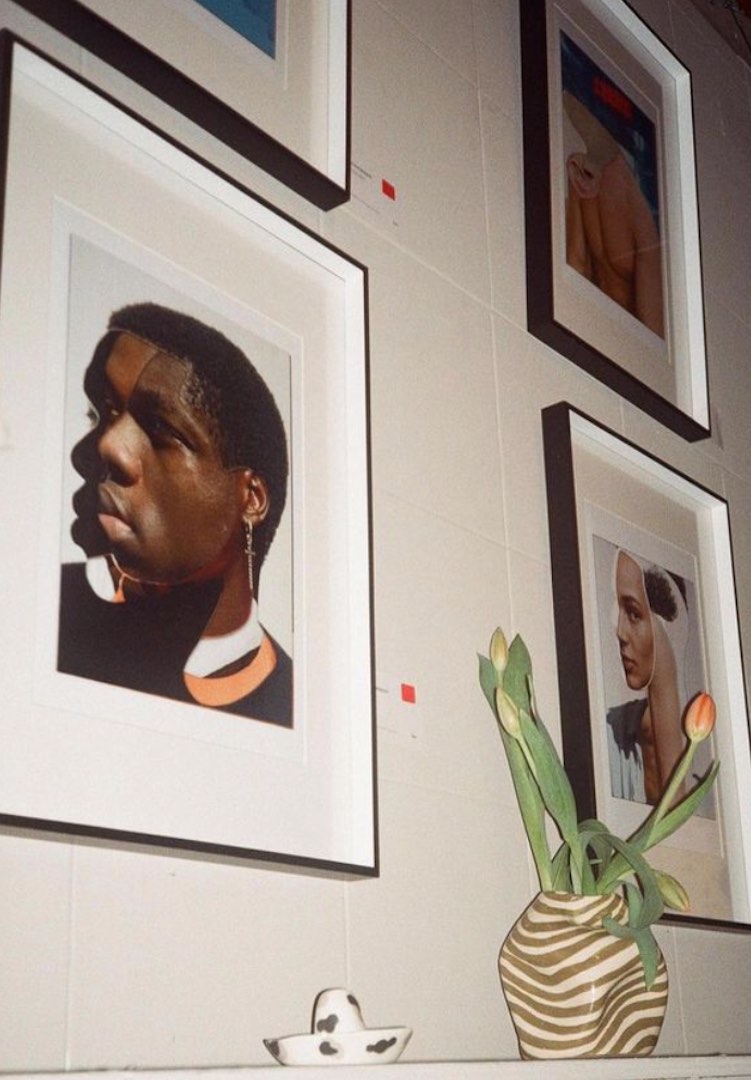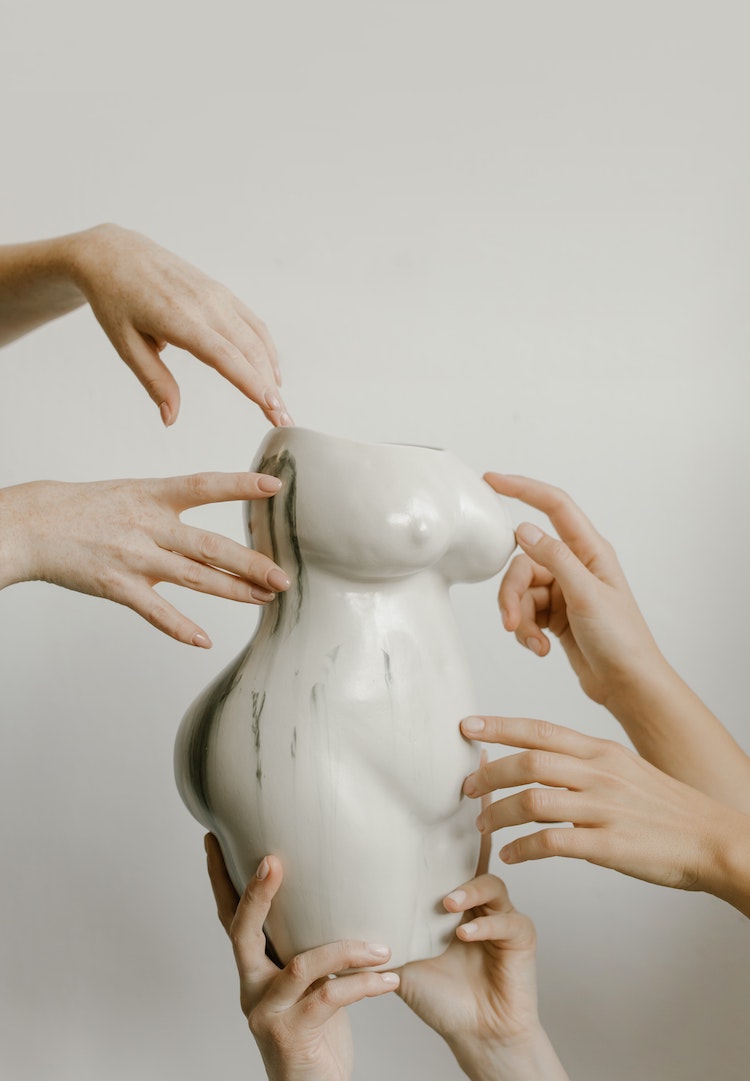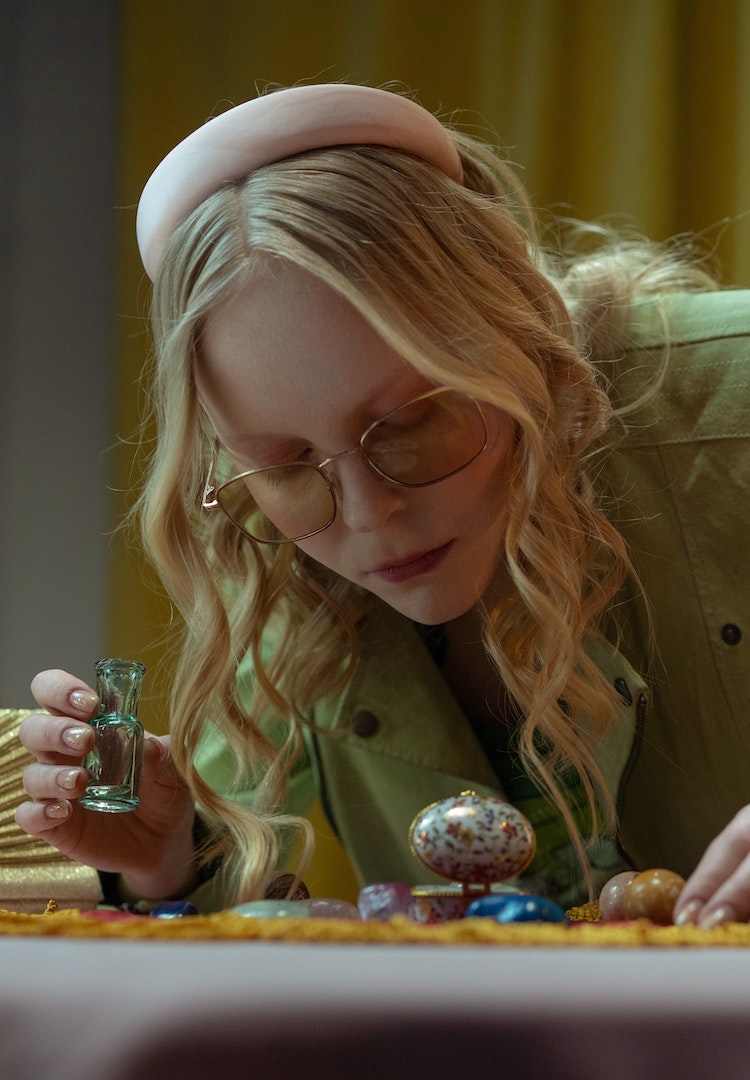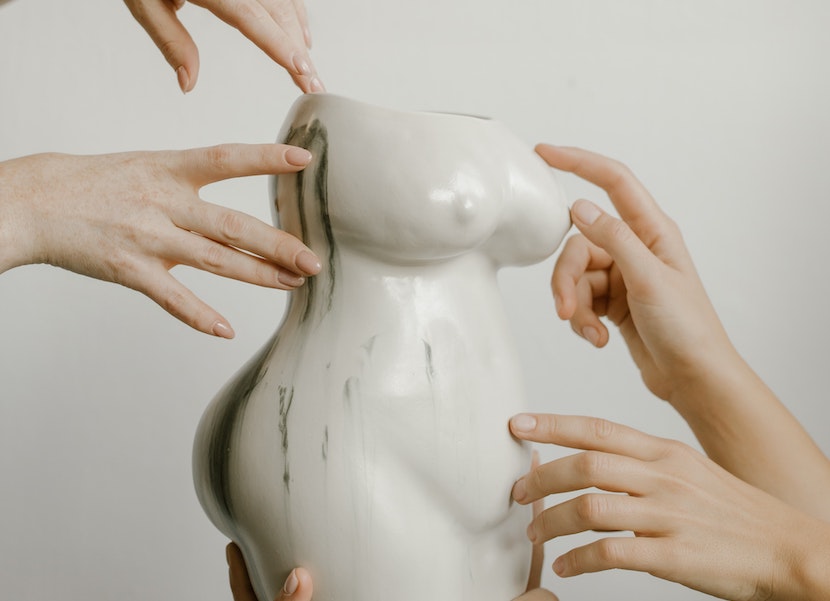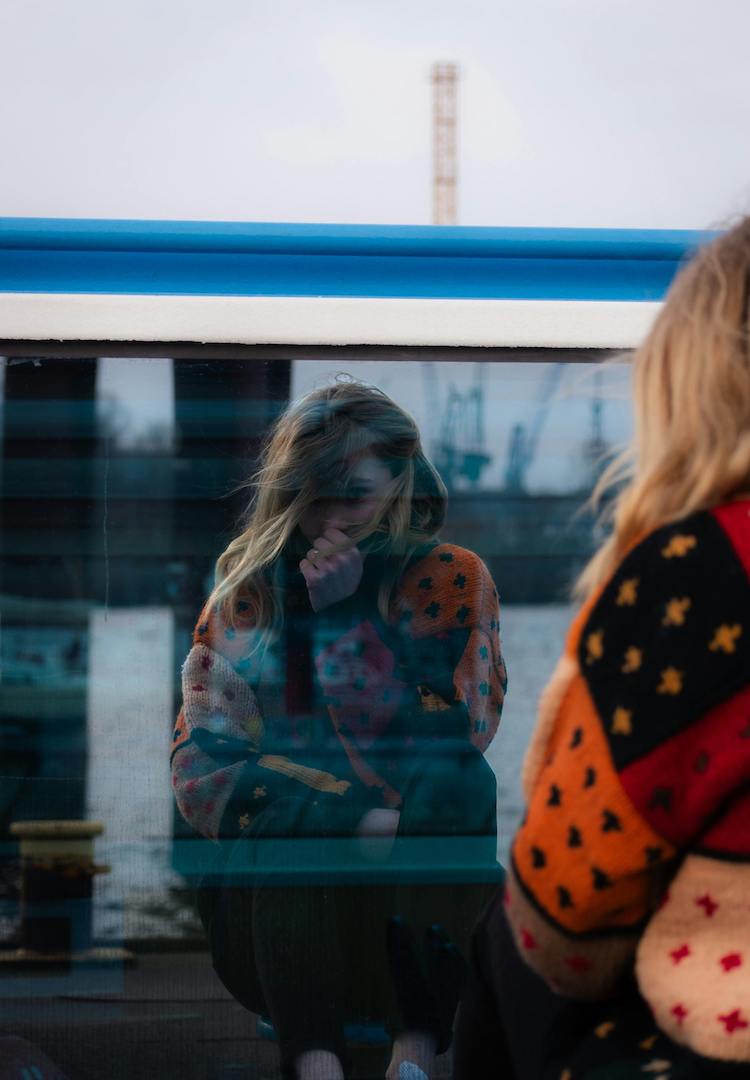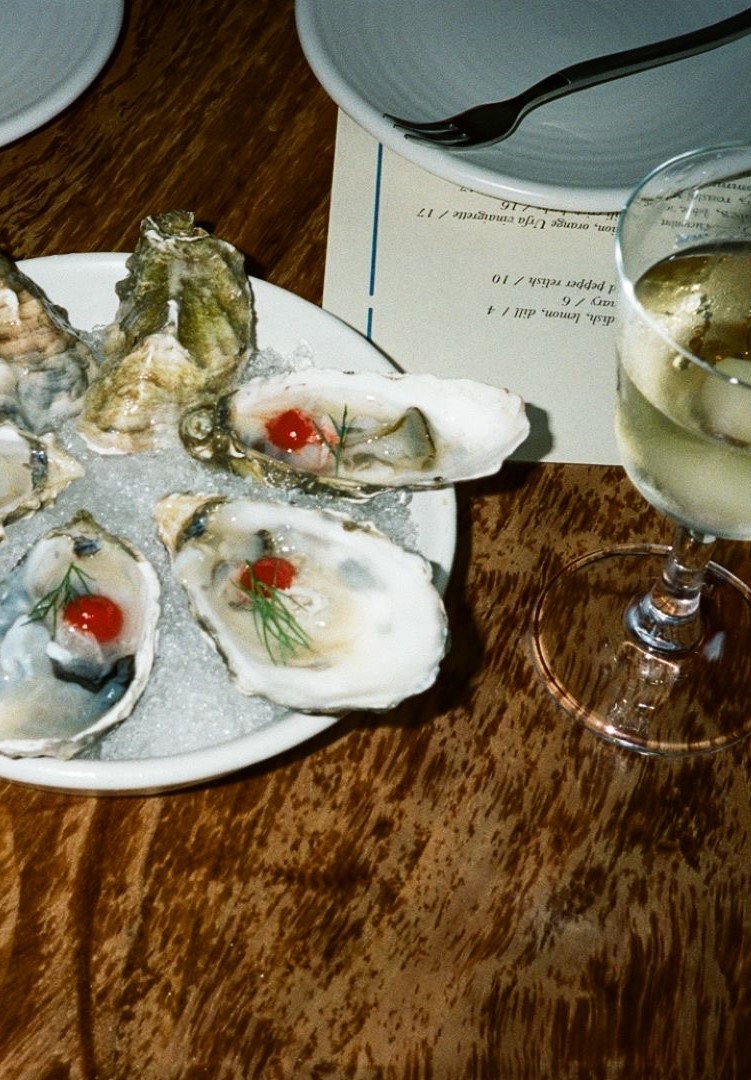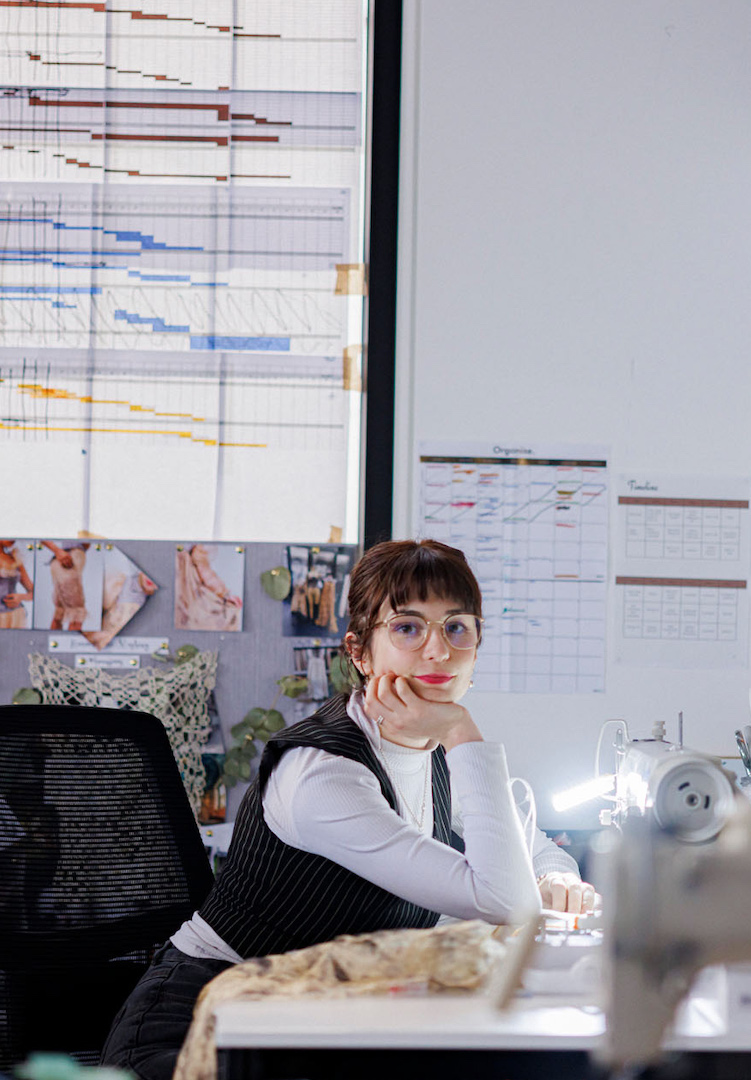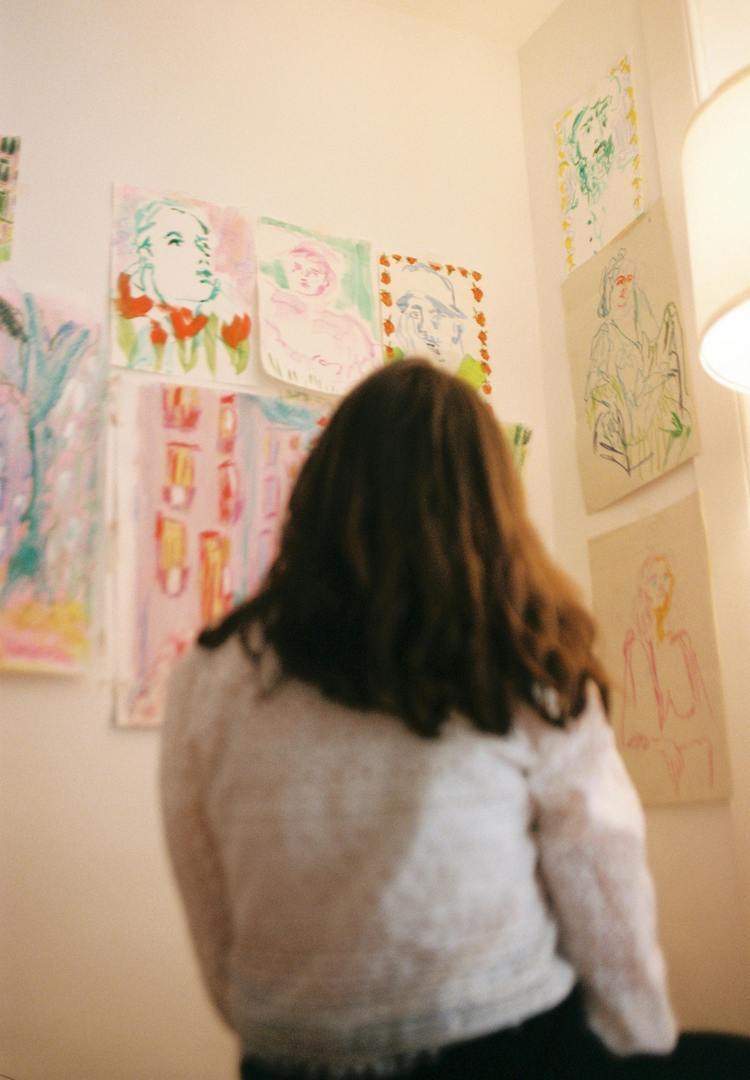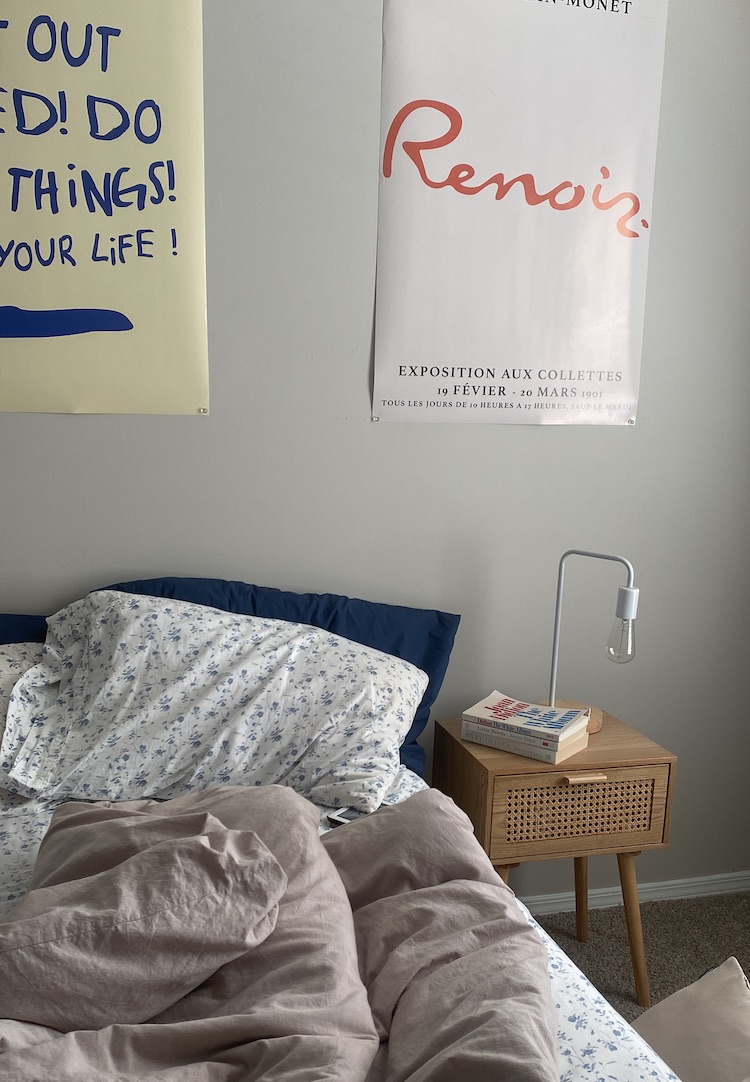How reiki healing helped my mental health
WORDS BY ALICE JOHNSON
“The second time I received Reiki, I was spurred on by a breakup. I felt a lot of sensation around my throat, and an intense urge to sob uncontrollably.”
When I was nine years old, I had my first panic attack. My teacher was discussing current world news when the walls of our classroom suddenly felt like they were built tightly around my body. Everything went completely black. In the years that followed, I began the cycle of GP assessments, psychologist appointments and different medications.
For more thought-provoking content, tap through to our Life section.
Anxiety curled into my childhood and beyond like pesky damp mould that always grew back. Nothing seemed to stick. So I began to explore options outside of the realm of typical Western medicine. I saw naturopaths, iridologists and eventually, a Reiki healer.
What is Reiki?
Reiki is the Japanese phrase for ‘life force energy’. It’s performed through techniques like hand-on-body contact and palm healing (hovering over the body) to tap into the body’s chi or what some scientists call ‘biofield energy’. The technique has gained roots in many different cultures and is linked to ancient spiritual practices and teachings from the likes of Buddhism and Shinto.
The primary function of Reiki is to heal. Presently, Reiki is practised in many parts of the world. It’s important to recognise that the variations of Reiki we find in diverse communities today may not be closely linked to the traditional practice.
Modern Reiki may use techniques inspired by other cultures and healing practices, including the likes of meditation, crystals, pendant-swinging, palm-reading, tarot and sound healing (just to name a few). You may also encounter psychologists or general practitioners using reiki-inspired techniques with their patients. This will often be called ‘healing touch’ or ‘therapeutic touch’.
Reiki has been shown, in some cases, to be effective in healing the body for a variety of conditions like chronic pain, mental health, and even wound healing. While there is still limited medical research on this form of healing, one 2017 study likened Reiki to be more or just as effective as medical placebos. My personal experience with Reiki challenges my perspective on what it means to be a healthy person, and what it takes to ‘get well’.
What happens in a Reiki session?
I couldn’t tell you what would happen in yours, but I can give you some insight into my sessions. What you experience during a Reiki healing session will depend on the individual and the style of the practitioner, but often people report feeling physical sensations (even sans touch) like heat, pins and needles, twitching and cramps. I have seen a Reiki practitioner three times in my life, each time offering a very different experience.
The first time, I found it overwhelming. The concepts of energy, chakras and chi were completely new to me, and not something I had culturally grown up around. I found the physical and emotional sensations during the session so powerful. The second time I received Reiki, I was spurred on by a breakup. I felt a lot of sensation around my throat, and an intense urge to sob uncontrollably. I was told that my throat chakras were blocked, something that often happens when we have been unable to speak our truth. When I left that session, I felt entirely untethered from the relationship I couldn’t go minutes without thinking about just hours earlier.
The third and most recent time I had Reiki was an entirely different experience. After a particularly dark winter, I was running on empty to feel just about anything. With little explanation of this to my Reiki healer, she somehow seemed to tap into this almost immediately. This time, a lot of the physical sensation was around my stomach. I felt an extremely heavy liquid feeling below my ribs (a VERY strange sensation). This, I was told, was due to my body’s closure to feel joy. Strangely, this time, I felt the need to giggle, laugh and even dance during my session.
Should you try Reiki?
If you’re considering Reiki, it’s important you consider where to go. I suggest reaching out to your trusted circle to see if they have any recommendations. Reiki can be a very vulnerable experience, so you will want to make sure that you are in a comfortable environment.
Secondly, do your research to ensure that your practitioner honours the cultural history of Reiki, but also is performing a style of the healing technique that works for you. Nothing should replace what a trusted doctor recommends to you. While there is no one-size-fits-all method when it comes to the body or mind, if something is calling you to try Reiki, I’d say give it a go.
For more on Reiki and mental health, head here.

